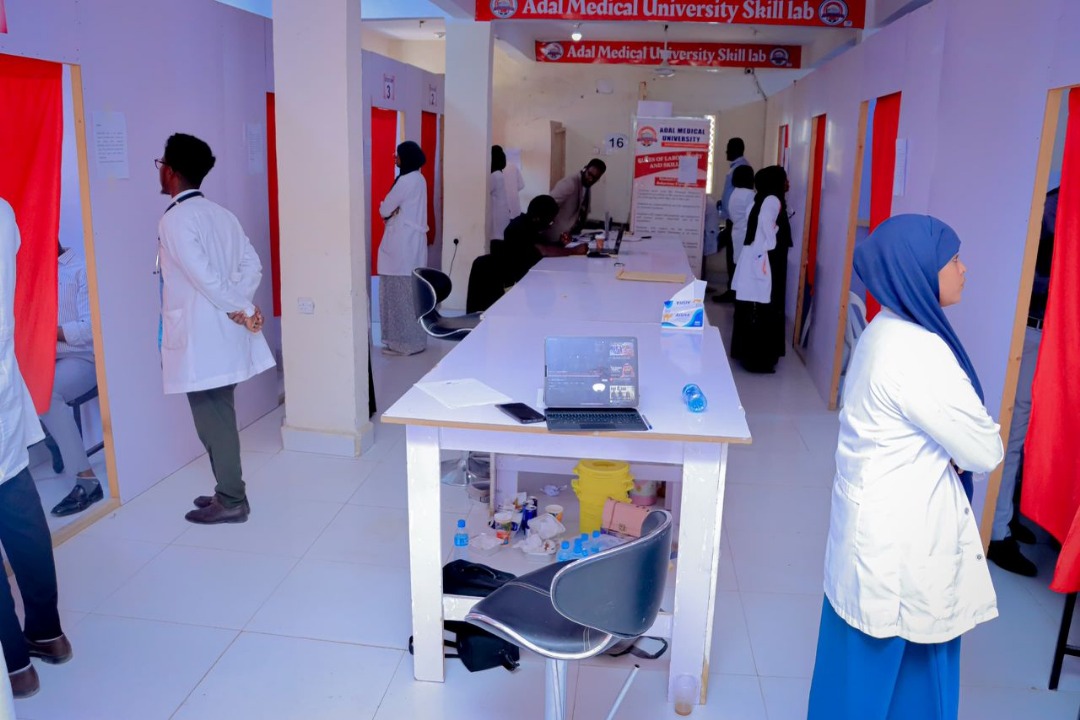
The Importance of Health Education in Modern Society
Health education is one of the most powerful tools to improve the well-being of individuals and communities. It goes beyond simply teaching people about diseases; it empowers them with knowledge and practical skills to make healthier choices in their daily lives.
1. Understanding Health Education
Health education involves organized learning experiences designed to help people improve their health and prevent illnesses. It combines medical knowledge with practical guidance on nutrition, hygiene, physical activity, mental health, and disease prevention.
2. Why Health Education Matters
- Prevention of Diseases: Teaching communities about hygiene, vaccination, and healthy lifestyles reduces the spread of communicable and non-communicable diseases.
- Empowerment: It gives individuals the confidence to take responsibility for their own health and that of their families.
- Reducing Healthcare Costs: By preventing illness, health education helps reduce the financial burden on healthcare systems.
- Promoting Healthy Habits: Early education instills lifelong habits such as exercise, balanced diets, and mental well-being.
3. Health Education in Schools and Universities
Introducing health education in schools builds a strong foundation for future generations. Universities, especially medical institutions like Adal Medical University, play a vital role in training professionals who can spread awareness and provide reliable health information to the public.
4. Community-Based Health Education
Hospitals, NGOs, and local health centers are essential in reaching communities with health education campaigns. Topics such as maternal health, family planning, and the dangers of substance abuse can be delivered through workshops, seminars, and outreach programs.
5. The Future of Health Education
With digital technologies, health education can reach wider audiences through social media, mobile applications, and e-learning platforms. This ensures that accurate health information is accessible anytime, anywhere.
Conclusion
Health education is not just about sharing information; it is about transforming lives. By promoting awareness and empowering communities, we build healthier societies and ensure a brighter future for generations to come.